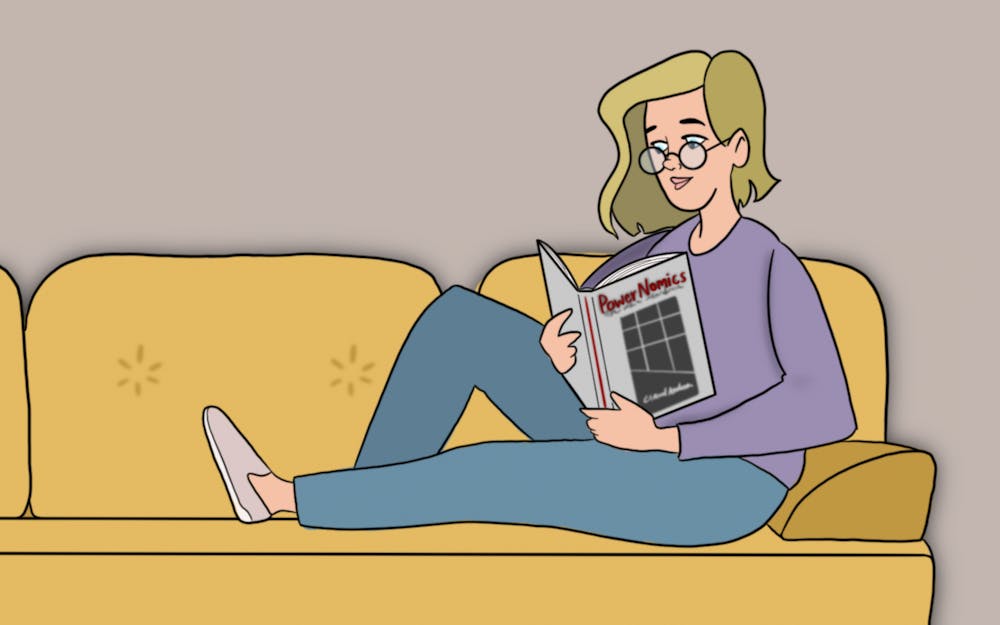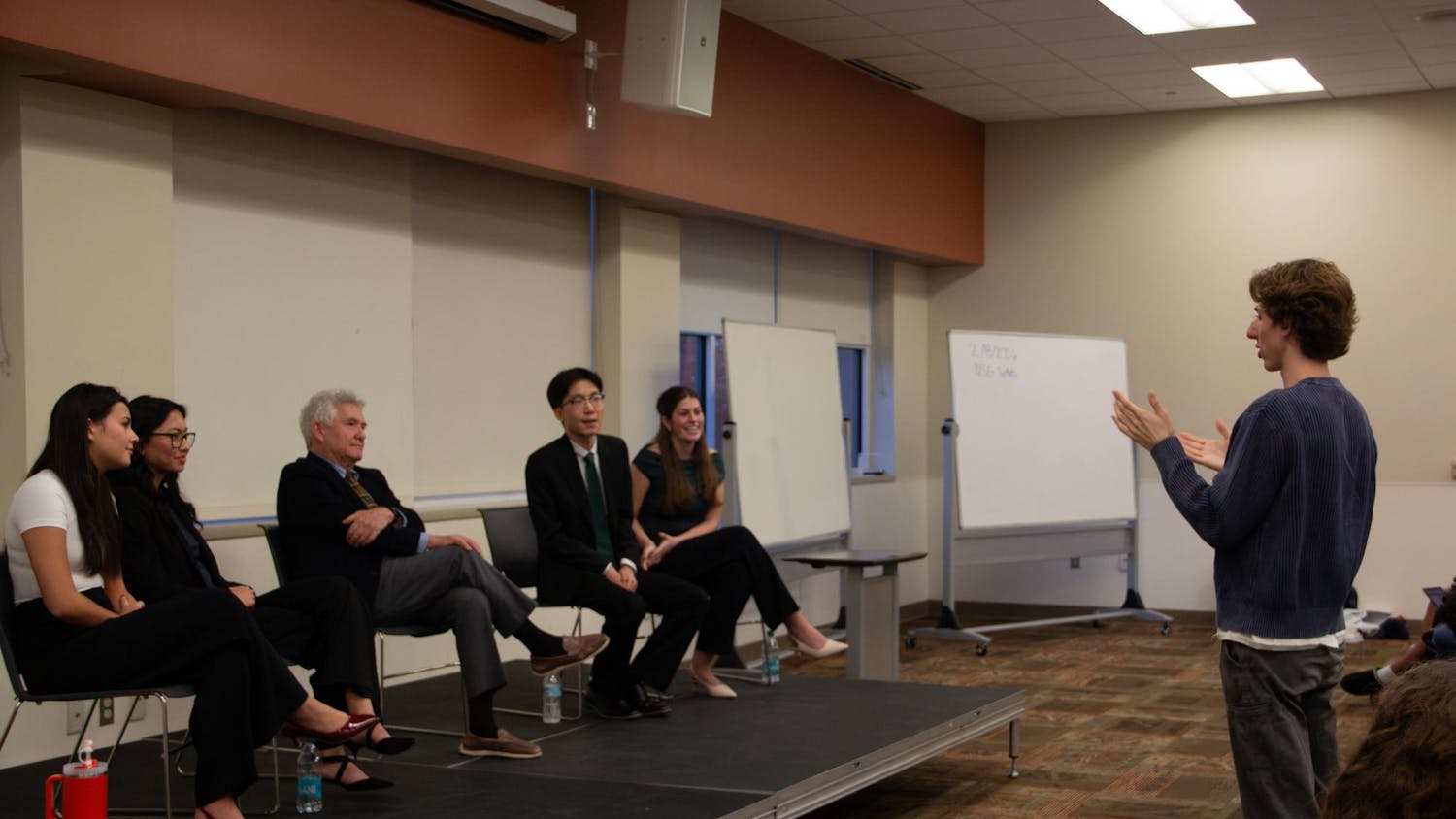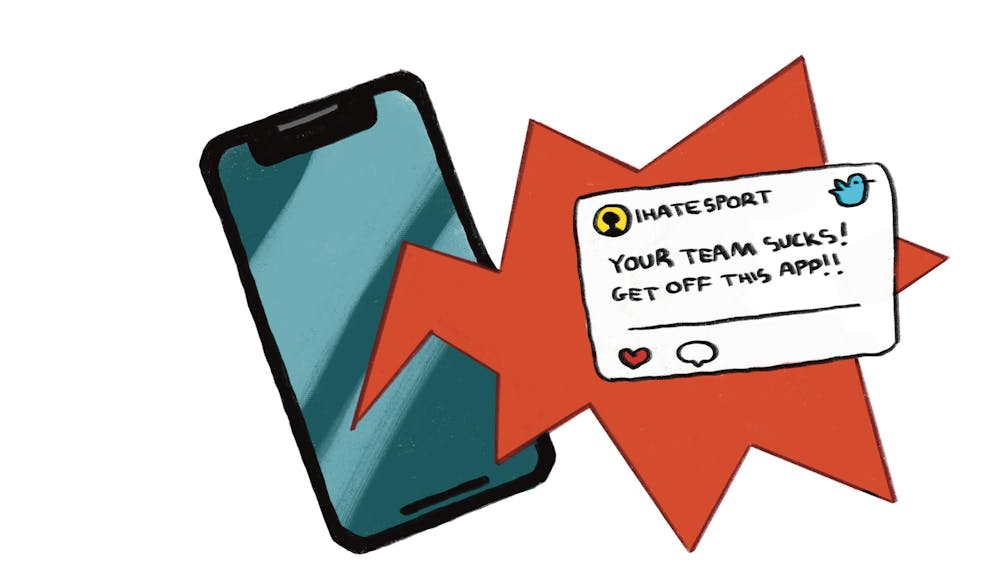As a white person, I’ve had the luxury and privilege to go most of my life without thinking about the inherent presence of my race. I’ve existed under the societal protection whiteness brings — one that is wrongfully absent for people of color.
Although I’ve grown up in predominantly non-white spaces, that doesn’t necessarily make me any better at or more prepared to talk about racial issues. It doesn’t mean I get to insert myself into conversations where I do not belong. Certain safe spaces without white people are imperative to communities of color, as the same necessity applies to the LGBTQ community or other marginalized groups.
Regardless, my upbringing does not give me a pass to move forward uneducated about societal and racial injustices. But my friends of color are not responsible for teaching me things I have the capability of learning for myself.
To be the most effective ally and anti-racist, white people must do the simple task of educating themselves.
Leaving the responsibility on your friends to educate you not only takes advantage of their vulnerability, but also requires them to speak on behalf of their entire community — something not everyone can realistically do.
Most importantly, exhibiting this behavior can potentially put a wrench in your friendship. Your friends of color want to see you as exactly that: their friend. Using clumsy verbiage or exhibiting microaggressions thinly veiled as casual jokes can hurt their feelings as this removes the safe space your friendship is supposed to provide.
In the wake of terrorizations upon people of color in this country — most recently the verbal harassment thrust at Supreme Court nominee Ketanji Brown Jackson — cavalierly asking questions or making comments about race can be insensitive and invasive. This was especially true following George Floyd’s murder in 2020, as that tragedy was not only perpetually on repeat across social media, but also a constant topic of conversation. Though necessary, it’s understandable how talking about these events could become traumatic for people of color.
However, because of these events, some might want to instantly improve their views on racism, which is a good thing. While it might seem reasonable to immediately go to your friends of color with these questions or concerns, there are other more appropriate and readily available means of obtaining information. As expressed by Laura Adom’s article in The Everymom, you wouldn’t ask every chef how to make something before looking up recipes or ask hospitalized coronavirus patients how to avoid the virus, so why would you ask your friends of color how to be anti-racist?
In fact, a simple “how to be anti-racist” Google search produces numerous resources and good places to start. Even IU has a landing page dedicated to anti-racism on the Office of the Vice President for Diversity, Equity and Multicultural Affairs website.
When discerning which resources to read or internalize, make sure to follow those exclusively written by people of color, as their voices are the ones that should be listened to and uplifted. Those written by white people, though perhaps well-intentioned, can approach racism education like homework and steer conversations away from those most affected.
As a white person, it’s OK to engage in conversations about race — these are nuanced discussions that need ample support and participation to produce actual change. Just be sure you’re not centering yourself or doing more talking than actually listening.
Natalie Gabor (she/her) is a senior studying journalism with minors in business marketing and philosophy. She hopes to one day find a career that tops her brief stint as a Vans employee.






